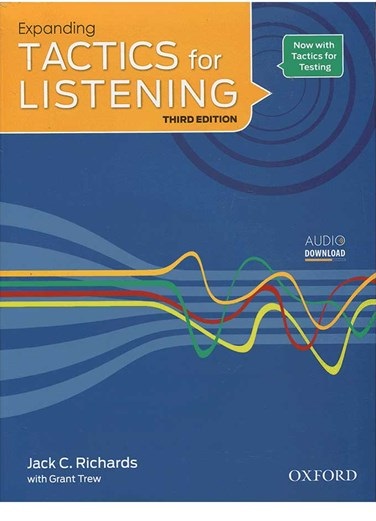Lesson 11 Health & Sickness
There are a number of lifestyle changes you can make to improve your overall health and increase your life expectancy (how long you are expected to live) – you can quit smoking, reduce stress, eat a balanced diet, get plenty of sleep, and exercise regularly. It’s also important to get vaccinations/immunizations to prevent diseases. No matter how healthy you are, it’s still a good idea to have health insurance – a program/plan to cover expenses in case of an accident or serious illness.
If you’re in a car accident, you might suffer/sustain serious injuries. Of course, if you’re wearing your seatbelt, you’re more likely to have only minor injuries. If you’ve broken/fractured a bone – for example, your leg – the doctor will put your leg in a cast. If you have a cut, the doctor will give you stitches. If you have a burn, the doctor will give you an ointment to prevent infection.
If you have a minor ailment like a headache, you can take some aspirin to relieve the pain (reduce the effects of the pain). If you suffer from a chronic condition (a condition that continues for a long time) like allergies, asthma, back pain, or depression, there are both over-the counter and prescription medications that can help alleviate the symptoms (an over-the-counter medication is one that you can buy without a doctor’s prescription).
When someone has a minor respiratory infection, we say they have a cold. Don’t get too close to that person, because you could catch a cold, too! You can “catch” other types of contagious diseases as well
– such as sexually-transmitted diseases (STDs).
If someone is diagnosed with a more serious illness such as cancer or AIDS, they’ll need more extensive treatment. When a disease has progressed so far that it will be impossible to cure, then the patient is said to be terminally ill – in other words, the person will definitely die of the disease soon.
Lesson 11 Health & Sickness
Quiz
Complete the sentences with appropriate endings.
1. Adults who have diabetes need to make some lifestyle………………. a) with multiple sclerosis.
2. After a series of exams, Diana was diagnosed…………. b) vaccinations before traveling to a tropical country.
3. He suffers from chronic…………. c) the pain and reduce swelling.
4. He takes some very strong prescription……. d) medications to treat his bipolar disorder.
5. If you pull a muscle, ice can help relieve……. e) insurance, so she had to pay for the surgery herself.
6. Japan has the highest life………… f) injuries – just some cuts and bruises.
7. My daughter has a bad……….. g) ill and should be made as comfortable as possible.
8. My son needs to get some………… h) expectancy in the world, at 83 years.
9. She didn’t have health………… i) diet and get lots of exercise.
10. The best way to lose weight is to eat a balanced……………. j) cold, so she’s staying home from school today.
11. The patient in room 4 is terminally……… k) changes, such as cutting down on sugar.
12. They walked away from the accident with minor…………….. l) back pain thanks to years of poor posture.






